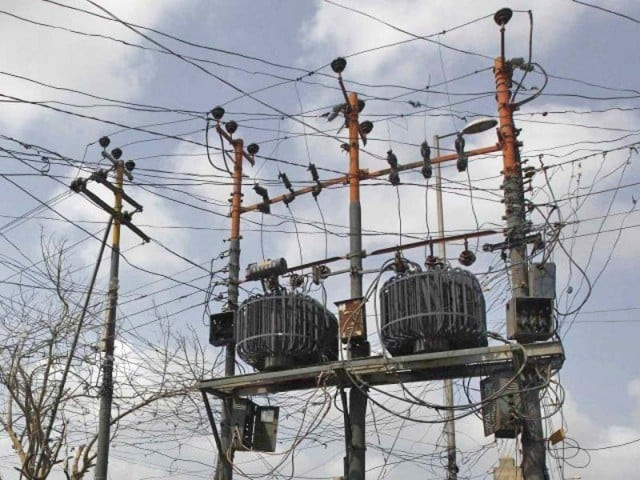PC suggests removing HEC from privatisation list
In another option, it calls for starting sell-off process afresh

In another option, it calls for starting sell-off process afresh. PHOTO: FILE
The Privatisation Commission (PC) is now back to square one, as after wasting a year in defending a deal that was eventually cancelled, it has asked the board to either strike the Heavy Electrical Complex (HEC) off the privatisation list or start the process anew.
The PC has called a meeting of its board early next week to seek policy directives in relation to the privatisation of HEC - an industrial complex that manufactures transformers that the government earlier sold to a dubious investor for Rs250 million in cash.
Failed privatisation: Zubair hits back at criticism over HEC deal
The commission has sought the board’s permission for formally cancelling the deal. It has also requested the board to either permit the re-initiation of the process including the hiring of a new financial adviser or remove the company from the privatisation list, according to agenda of the board meeting.
“The commission will follow whatever decision is taken by the board,” said Mohammad Zubair, the PC Chairman.
It was not immediately clear whether the Ministry of Industries - the parent ministry of HEC - is on board or not.
On December 9, 2014, the PC board had given the go-ahead for inviting prospective bidders for the sale of HEC. A day after, a company with the name Cargill Holdings was registered in Kenya and it subsequently won the bid for only Rs250 million in cash.
Exactly a year ago, the PC had an opportunity to cancel the process. On March 24, 2015, the PC took the case to its board, requesting it to either delist the company or restart the sell-off process afresh.
The board with a thin majority of 5-4 allowed HEC sale to a sole bidder with the commission chairman and secretary voting in favour.
The Cabinet Committee on Privatisation also gave its stamp of approval to the decision.
However, this brought the commission a bad name despite actively working to push ahead with the government’s multibillion-dollar privatisation programme. It also removed its director general, Anwar Malik, who had been accused of striking an underhand deal with the buyer.
A parliamentary panel that investigated the alleged wrongdoing has recently recommended to the government to refer the case to the National Accountability Bureau or the Federal Investigation Agency.
Botched HEC privatisation: Panel calls for sending case to anti-corruption watchdog
The PC board has already revoked the deal with Cargill Holdings, confiscating the Rs25 million earnest money and registering an FIR against Sabur Rehman, the adviser of Cargill Holdings as the Rs225-million cheque he submitted was dishonoured.
Rehman went to court against the PC but the Islamabad High Court dismissed it.
Although HEC was sold for Rs250 million, the government claimed that the buyer had picked up the liabilities and total value of the deal stood at Rs1.095 billion.
In case, the PC board decides to re-initiate the HEC privatisation process, the Rs1.095 billion price will become a benchmark for any future deal.
In the last one year, HEC has managed to improve its performance and it is no more incurring losses, according to a statement given by the chairman of State Engineering Corporation in a meeting of the Senate Standing Committee on Finance. Pak Elektron Limited (PEL) is said to have given contracts to HEC.
The decision to privatise HEC had been taken even before the company commenced commercial operations. It has been on the active list of privatisation since 1997. This caused many operational difficulties in running the company in a professional manner, as successive governments did not pump in needed money.
Published in The Express Tribune, March 20th, 2016.
Like Business on Facebook, follow @TribuneBiz on Twitter to stay informed and join in the conversation.



















COMMENTS
Comments are moderated and generally will be posted if they are on-topic and not abusive.
For more information, please see our Comments FAQ